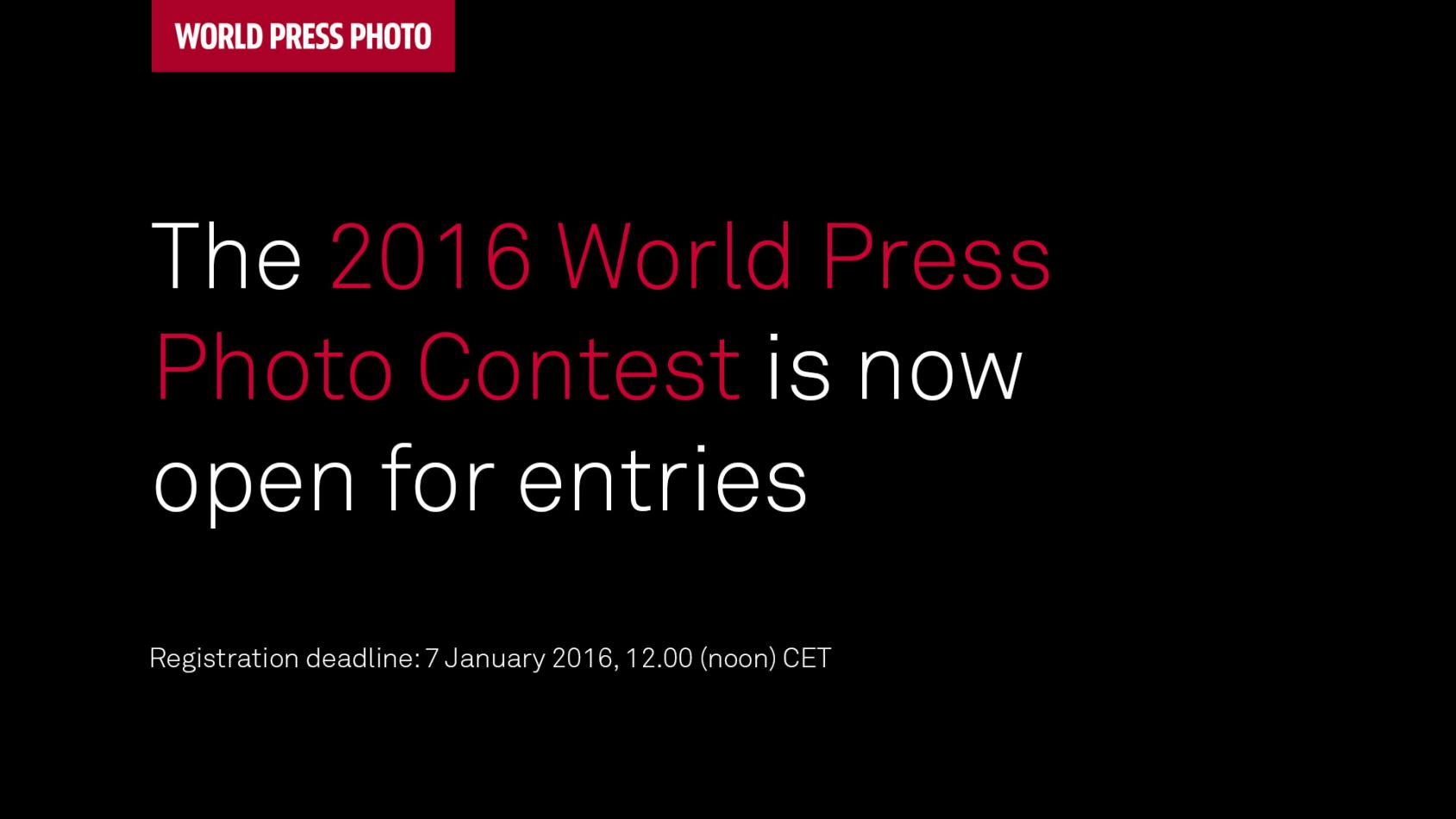

World Press Photo has released its first set of ethics guidelines for its annual photography contest, which is currently accepting entries.
According to the World Press Photo press release, sent to iMediaEthics by the organization, the new guidelines were the product of “a five-month review of both the foundation’s activities and lessons learned from previous photo contests.”
As iMediaEthics reported earlier this year, twenty percent of the finalist entries to the 2015 contest were disqualified for going too far with photo editing. The foundation admitted it took part of the responsibility for the photo issues. “As foundation, we were not clear enough in our criteria and guidance to entrants, and our communications on this issue should have been much better,” managing director Lars Boering said in the press release.
Now, anyone submitting work to the contest “must ensure their pictures provide an accurate and fair representation of the scene they witnessed so the audience is not misled,” the guidelines read. Photos cannot be staged, altered, re-enacted, or feature inaccurate captions. The guidelines state:
“This means that entrants:
- Should be aware of the influence their presence can exert on a scene they photograph, and should resist being misled by staged photo opportunities.
- Must not intentionally contribute to, or alter, the scene they picture by re-enacting or staging events.
- Must maintain the integrity of the picture by ensuring there are no material changes to content.
- Must ensure captions are accurate.
- Must ensure the editing of a picture story provides an accurate and fair representation of its context.
- Must be open and transparent about the entire process through which their pictures are made, and be accountable to the World Press Photo Foundation for their practice.
“This code of ethics provides guidelines on best practice.”
World Press Photo, based in Amsterdam, also explains “what counts as manipulation?” “The first thing that counts as manipulation is staging or re-enacting events,” the group says. “The code of ethics says photographers must not intentionally contribute to, or alter, the scene they picture by re-enacting or staging events.” However, portraits, when clearly labeled and not altering positioning of bodies, don’t count as manipulation. “The second thing that counts as manipulation is adding or removing content from the image,” the instructions state.
World Press Photo goes on: “It is not acceptable to remove things such as: physical marks on body, small objects in the picture, reflected light spots, shadows, extraneous items on picture’s border that could not be removed by crop.” On the opposite end, “It is not acceptable to add things. This includes, but is not limited, to: cloning in highlights, enhancing body, or costume size, painting in object details, photo montage, replicating material on the border of a picture to make a neat crop possible.”
The contest also bans photographers who have been busted twice for altering content submitted to the World Press Photo award for five years.
“Photographers eligible for the final round of judging will now have to provide a digital raw file or the original unprocessed jpeg file along with the three frames before and after the contest entry,” the New York Times reported. “If they shot film they will have to provide scans of negatives showing a series of at least three frames before and after the entry. These images will be examined by two independent digital experts.”
The new ethics guidelines signal “the first time the 60-year-old contest has published such a thing, as well as revised rules and detailed guidance for entries,” according to photo news website Peta Pixel.
The deadline for entering the awards contest is Jan. 13, 2016 at noon, Central European Time.
